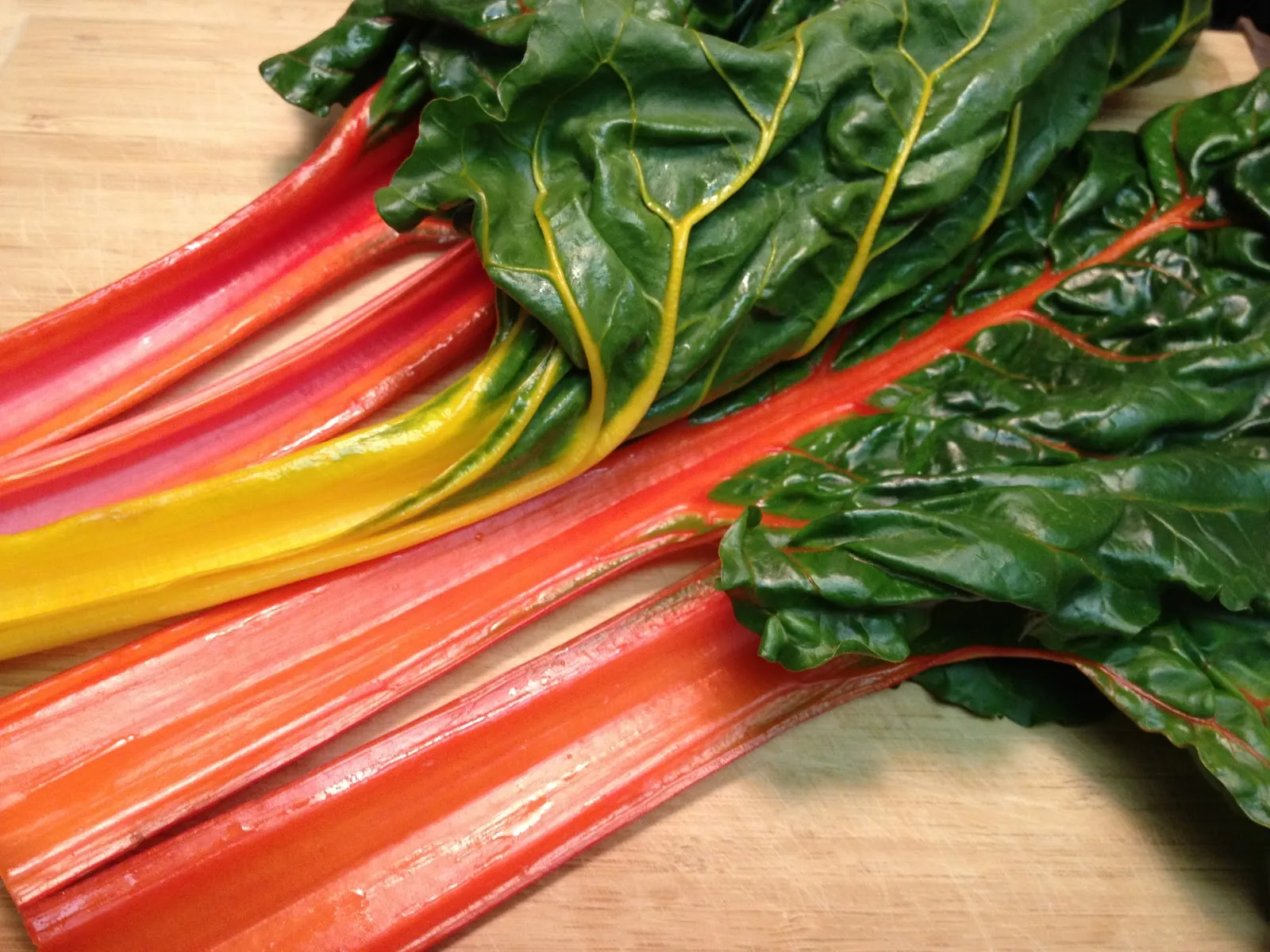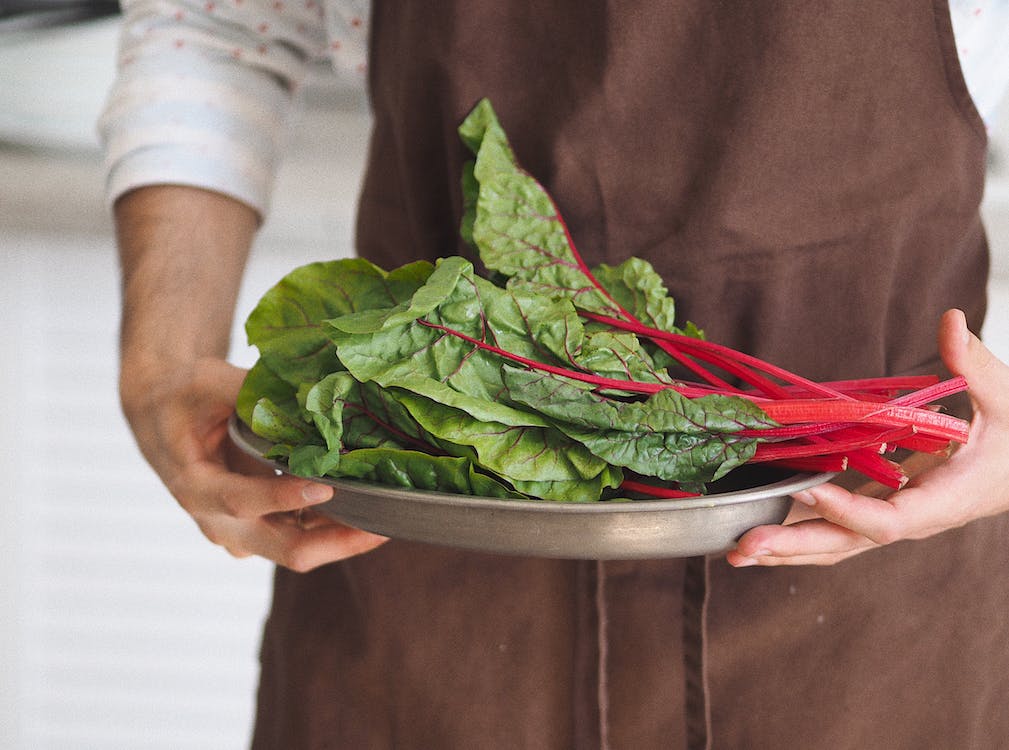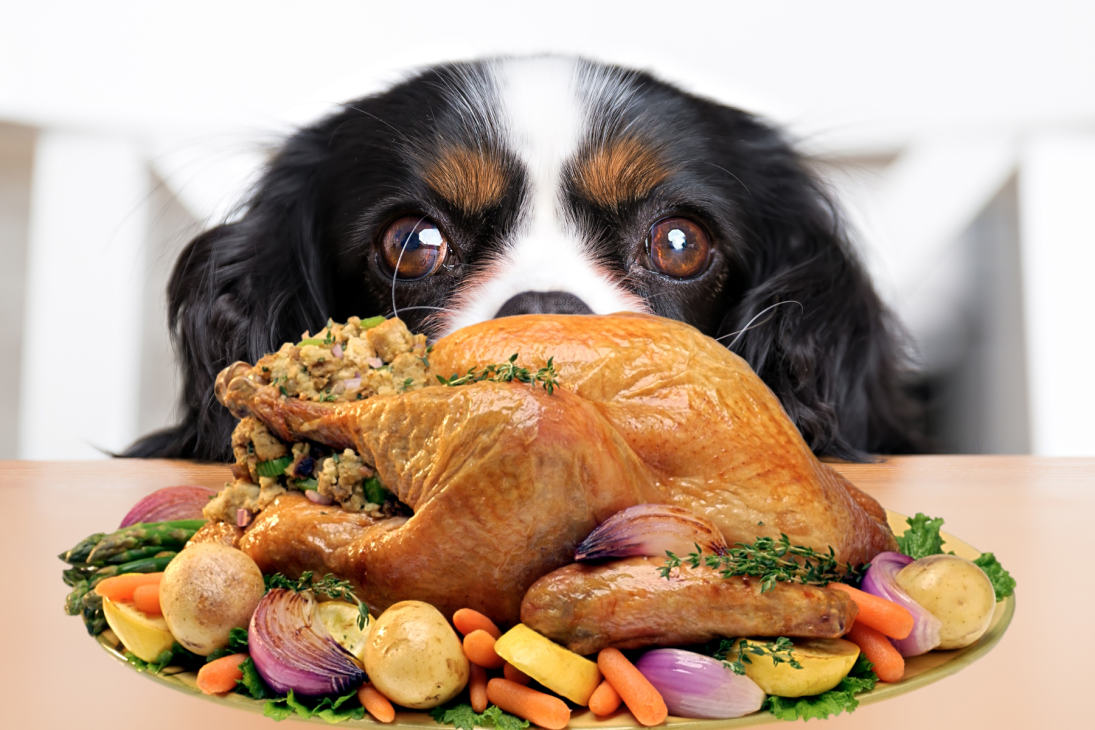Chard is a leafy green veggie packed with nutrition for humans. But is chard safe for dogs to eat too? As more pet parents explore fresh food diets, chard may seem like a healthy addition. Let’s explore the pros and cons of feeding chard to dogs.
What is Chard?
Chard goes by several names including Swiss chard, spinach beet, seakale beet, and strawberry spinach. It belongs to the same plant species as beets but is grown for its edible leaves rather than roots.
There are many varieties of chard with colorful stems including red, yellow, white, pink, and orange. The dark leafy greens have a slightly bitter, earthy taste reminiscent of spinach.
Chard has soared in popularity due to its stellar nutritional profile. It’s low in calories yet high in fiber, vitamins A, C, E and K, magnesium, potassium, iron, and antioxidants.
Is Chard Safe for Dogs?
Chard itself contains no toxic ingredients and is generally safe for canine consumption in moderation. There are however a few things to be aware of before feeding chard to dogs:
Oxalates
Chard contains moderate levels of oxalates which may cause kidney damage if large amounts are ingested. Feeding occasional small portions is unlikely to cause issues.
Nitrates
Like other leafy greens, chard can accumulate nitrates which are toxic to dogs when converted to nitrites. Buy certified organic chard to avoid exposure.
Pesticides
Non-organic chard may contain pesticide residues. Be sure to wash chard thoroughly before feeding.
Thyroid effects
Chard contains small amounts of goitrogens which disrupt thyroid function when over-consumed. This is only a concern with very frequent, high intake.
As long as chard is fresh, organic, and fed in moderation, it can be a nutritious dietary addition for dogs. Consult your veterinarian if concerned about pre-existing conditions.

Benefits of Chard for Dogs
When safely fed, chard offers several health boosts:
Vitamins and minerals
Chard provides vitamin K for blood clotting, vitamin A for vision and immunity, and a host of minerals like magnesium, potassium, and iron.
Fiber
The indigestible fiber in chard helps regulate digestion and promote satiety.
Antioxidants
Chard contains antioxidant compounds like quercetin and kaempferol which combat disease-causing inflammation and cell damage.
Hydration
With its high water content, chard helps keep dogs well-hydrated.
Variety
Chard adds flavor diversity and nutritional variety compared to staple proteins.
The nutrients and plant compounds in chard can benefit your dog’s digestion, immunity, organ function, weight management, and energy levels.
Feeding Chard Safely
When first introducing chard, follow these tips for safe feeding:
- Start with small amounts – a few leaves or 1-2 tablespoons chopped.
- Mix with familiar foods like cooked chicken or rice to encourage eating.
- Chop finely or puree to enhance digestibility, especially for small/elderly dogs.
- Feed cooked vs raw to reduce risk of bacteria and parasites. Lightly steam or sauté.
- Remove thick stems which are harder to digest. Just use the tender leafy parts.
- Serve chard plain initially to watch for allergies before mixing into recipes.
- Stay vigilant for symptoms like vomiting, diarrhea, itching after eating. Discontinue if noted.
- Keep total daily portion to less than 10% of your dog’s diet.
With proper introduction, most dogs can enjoy chard as an occasional part of a balanced, home cooked diet. Ask your vet before feeding to any dog with kidney issues or history of oxalate stones.

Chard Feeding FAQs
Can puppies eat chard?
Puppies under 1 year should not eat chard due to development sensitivities.
Is chard good for diabetic dogs?
Yes, chard is low glycemic which helps regulate blood sugar in diabetic dogs when fed in moderation.
Can dogs eat raw chard?
Dogs should only eat cooked chard due to bacteria risk. Lightly steaming or sautéing chard enhances safety and digestibility.
Are chard stems safe for dogs?
Chard stems are tough and harder to digest so best to just feed the leafy green portions.
Conclusion
When introduced carefully and fed in moderation, chard can be a beneficial addition to many dogs’ diets. Chard provides a powerhouse of important vitamins, minerals, and antioxidants. Just be mindful of preparation, portion size, and your individual dog’s health to maximize the perks of chard while avoiding potential downsides. Check with your vet if you have any concerns about integrating this nutritious green into your pup’s meal plan.



